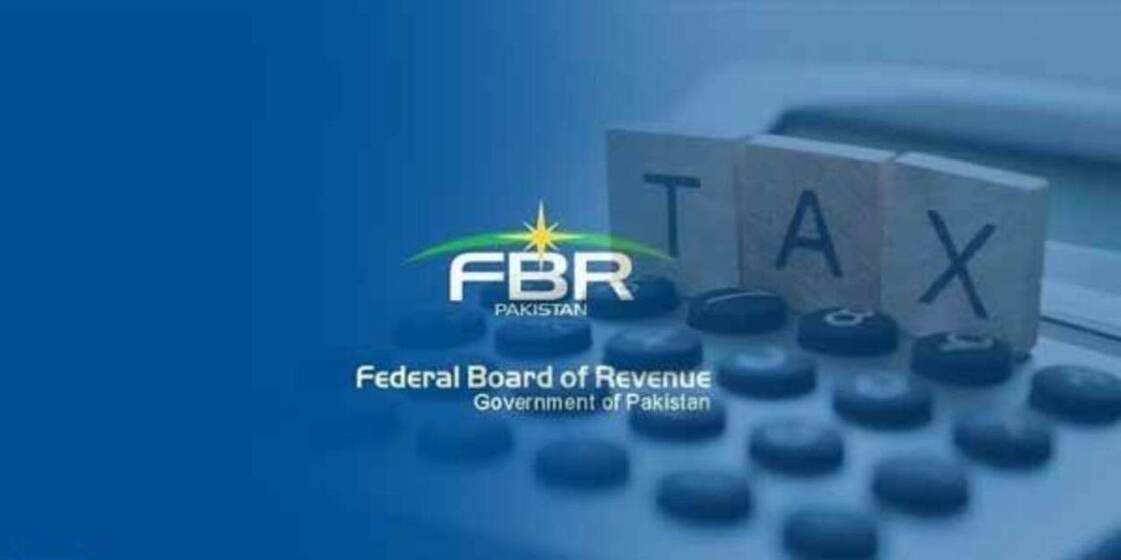In just five months of the current fiscal year, salaried individuals have paid about Rs200 billion in income taxes, which is an increase of Rs72 billion compared to the previous year. However, the Federal Board of Revenue (FBR) has been unable to leverage this data effectively to target those who are not paying their fair share of taxes.
While the tax burden on salaried employees has risen sharply, revenue from audits has dropped by 16%, falling to Rs26 billion during the first five months of the fiscal year 2024-25. This audit revenue is significantly lower compared to the easier collections from salaried individuals and indirect taxes related to electricity bills, mobile phone services, and card transactions.
The FBR has fallen short of its five-month tax receipts target by Rs341 billion, a shortfall expected to grow by December. Tax payments made by salaried individuals from July to November reached Rs198 billion, marking a considerable 57% increase from last year, according to tax authority data.
In June, Prime Minister Shehbaz Sharif’s government raised taxes on employees instead of cutting spending or broadening the tax base to include untaxed sectors.
The FBR has reported a Rs5 billion decrease in revenue collected from audits. In the previous fiscal year, auditing efforts brought in Rs31 billion, but this year the total was less than Rs26 billion. According to an FBR official, difficulties in freezing bank accounts and collecting disputed taxes due to court rulings have hindered collections.
Despite the decline in audit-generated revenue, there was a surge in income tax returns filed ahead of the extended deadline, with citizens fearing the FBR might remove the non-filer classification. A total of 5.6 million tax returns were submitted, generating Rs145 billion—an increase of nearly 50% from the previous year when only 3.4 million returns were filed.
Notably, the government has not yet amended the Income Tax Ordinance to eliminate the non-filer category. Out of the Rs198 billion collected, Rs53 billion came from federal and provincial government employees, who received substantial pay raises. Meanwhile, private sector employees contributed Rs145 billion, many of whom do not see annual salary increases.
Specific breakdowns reveal that the non-corporate salaried group paid Rs86 billion, while corporate employees contributed Rs59 billion. Employees of the provincial governments accounted for Rs33 billion in payments, and federal employees paid Rs20 billion.
In stark contrast, the FBR collected less than Rs13 billion from goods supplied to traders, making the contribution from salaried taxpayers 1,423% higher than that received from traders.
To bolster its auditing capabilities, the new FBR administration is hiring 1,620 auditors from the private sector, as the organization urgently needs more personnel—355 auditors are currently on staff for domestic taxes, but analysts suggest a need for over 1,500 additional auditors.
The FBR has also utilized advance tax demands to meet its monthly targets, often resorting to freezing bank accounts to recover funds. For the July-November period, the FBR collected Rs483 billion in advance income tax payments, a 20% increase over the previous fiscal year.
Recent legal challenges highlight the contentious practices of the FBR, where the organization has been accused of overstepping its boundaries and abusing state power to secure fixed fundraising goals, undermining citizens’ constitutional rights.
















